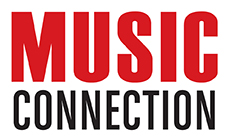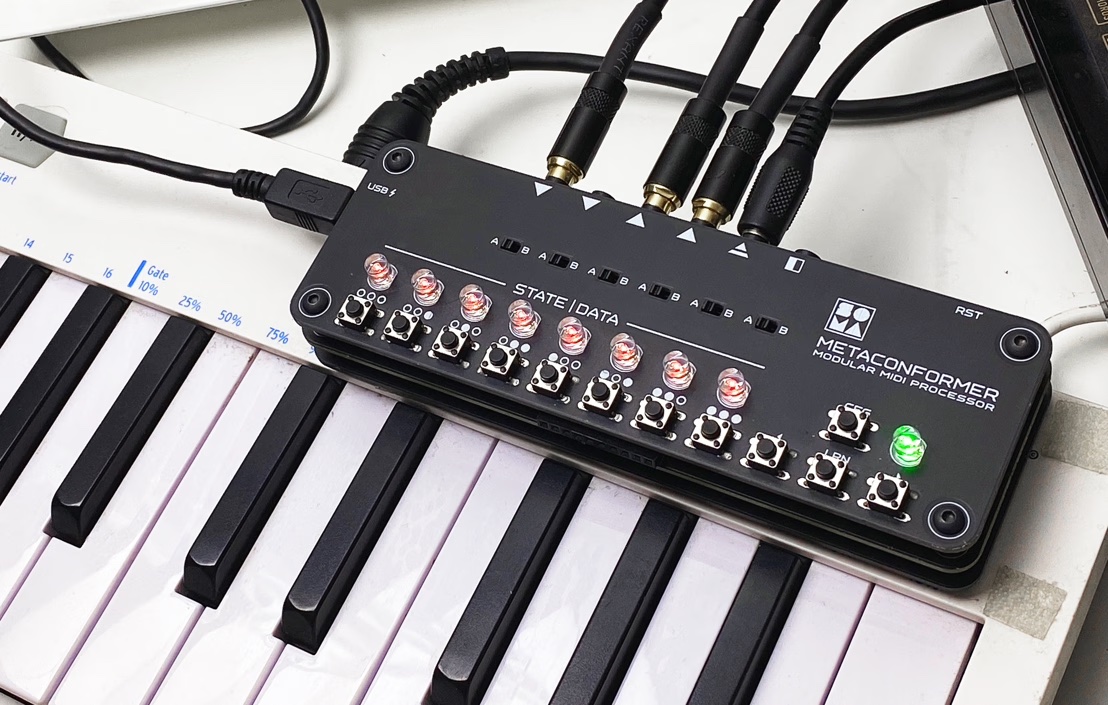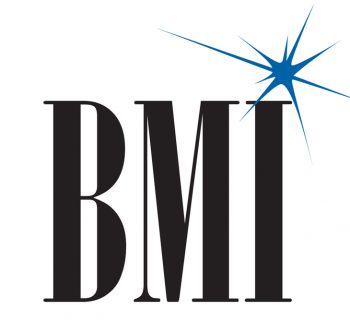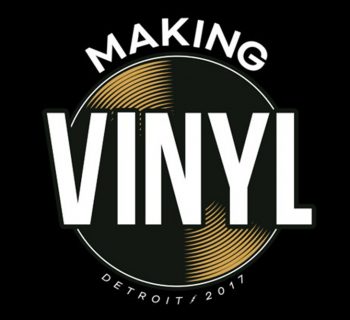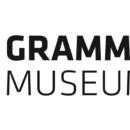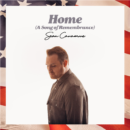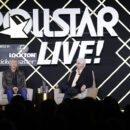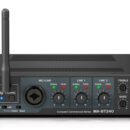How do you get your art to connect with others? What is your unique artistic perspective and how do you find your voice? Think about your favorite artist, whether they’re musicians, painters, writers etc.… Has the subject matter of the art they’ve produced been a totally new concept to you? Probably not. They’ve only taken something familiar and perhaps, helped you see it from a different perspective. The driving force behind their art is their voice and it takes practice and honesty to arrive there. Once you start developing your unique perspective, it’s important to recognize it and lean into it. But how do you get there? The simple answer for me is practice and honesty. Below are a few tips from me to you.
Cover songs - When you’re starting to write your own songs don’t be afraid to cover your favorite songs. When you do this, you should also analyze the lyrics, melody and chord structures. Covering songs you aren’t that familiar with is also a great exercise. Because you don’t know them as well as the songs you cover by your heroes, there is more room for interpretation.

Find your vocal range – If you’re trying to cover a song, but it’s not in your range, practice transposing songs to where you can sing them in a comfortable range for your voice. Alternatively, you can mess around with keeping the songs in the same key, but changing the melody to fit your range. A huge part of your voice is YOUR VOICE and interpreting other people’s songs in that voice is great practice. Check out artists who have interpreted others' songs in their own way. I will always love you, by Dolly Parton, sung by Whitney Houston is a good example, or “Hurt” by Nine Inch Nails; sung by Johnny Cash.
Write to the changes – If you come across a sequence of chords that really stands out to you, write a song to those chords. You can always rearrange the chords, or change the harmonic rhythm, meaning where the chords are placed in relation to the beat.
Write to lyrics – As a song writing exercise, I wrote solely to the lyrics of Bonnie Raitt’s song, Guilty, writing new chords and melody without ever hearing the song before. When I finally listened to her original version and compared it to my version, I could see that mine was clearly in my voice and approach.
This exercise can show you a lot of what your musical style is. Since you have no reference point to what the original song sounds like, you’re completely free to come up with your own sound based on the lyrics and you might come up with an interesting result.
Don’t put your songs on a pedestal – Write A LOT of songs and don’t get too stuck in the weeds when working on them. Sure… If you have a solid idea you need to work on, by all means, take the time to hammer it out. But don’t keep tweaking the same group of songs over and over again, because you would have written ten more songs by that time and there will most likely be bits from those other songs you were tweaking in the new one’s – they just work better now.
Stand your ground – When collaborating with an engineer, producer, or musicians you do need to be flexible, however there’s a difference between being flexible and sacrificing your idea. This can be hard at first because you may be working in the studio with someone who has more experience than you, but be sure to speak up for what you want because at the end of the day, it’s your song and you have to live with it.
Be Honest – Say what you feel in your lyrics. You can always edit later, but don’t edit yourself in the songwriting process. Also, be honest with yourself. What are you good at? Don’t shy away from the thing that is unique to your personality. Remember, it’s the way that artist see the world that makes them unique. Find out what it is that makes you, you and lean into it!
Your music may not sound like the music you listen to and that’s okay – I have heard some people at my shows say that my sound reminds them of Radiohead and after all… they are my favorite band, but I think in the beginning I tried to copy their sound a little too much and now, even though you may still be able to hear the influence, I’ve dropped hearing Thom York in my head when writing songs and leaned into my own voice and a vocal range that is comfortable for me. I also love Mac Miller, Idles, Nirvana and Audioslave, but I don’t sound like them. What comes out of you is what comes out and be careful not to shy away from that because you don’t sound similar genre wise to that of your idols.
Live your life – I saw Johnny Cash say in an interview that he needs to “Fill up, before he pours out.” Even when you don’t feel inspired you are always collecting experiences and ideas and they are uniquely your own. You need to collect those ideas and live life outside of music in order to “fill up” with life experience so you have something to talk about. And, make sure that when a little idea comes whether it’s a lyric, melody, or song title, that you write it down or record it.
Keep learning - I don’t believe one day you arrive at having found your voice, you just figure out what you want to say and how you want to say it, but you should always be in pursuit of “finding your voice”. Always be curious and playful because that’s when the best music is made.
Listen to lead single by CHNNLL “Kick It” at: ffm.to/a4anqrm.OPR
